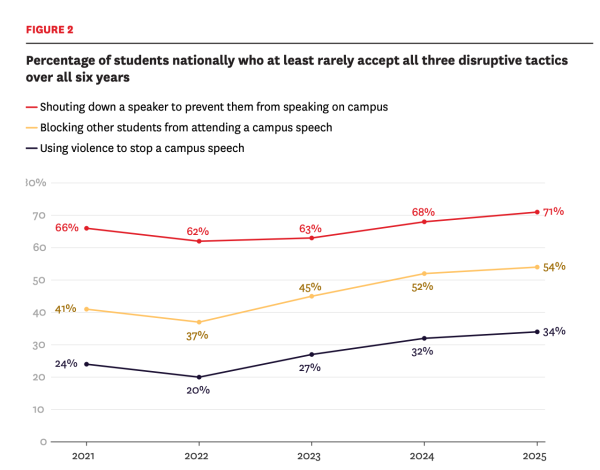Cleveland City Officials File Motions to Expunge 4,077 Marijuana Convictions
While marijuana legalization bills languish in the Ohio state Legislature, Cleveland city officials are taking marijuana policy into their own hands.
On April 6, Cleveland Mayor Justin Bibb along with Council President Blaine A. Griffin and Chief Prosecutor Aqueelah Jordan, filed motions that would expunge 4,077 records of marijuana convictions for cases since 2017.
The motions will be processed by the Cleveland Municipal Court and could be individually approved or denied by the court. Jordan said that she does not know which way the court will decide.
“While we don’t anticipate there to be any surprises with the outcome of the motions, the outcome of the motions is in the discretion of the court,“ Jordan said. “We can’t necessarily predict or guarantee what the court’s outcome will be.”
Without energy being spent on the marijuana misdemeanors, Jordan said that these motions are a part of Bibb’s plan that would allow the police to focus their efforts on other crimes.
Jordan said the processes in place for police to deal with these convictions “uses up the resources of our police department that we really should be directing to more violent offences.”
For the citizens whose records get expunged, they would no longer have to show their misdemeanor offense to possible employers. Jordan said she hopes this helps with the labor shortage.
“When we remove some of these barriers that, as we’ve evolved in society, we understand shouldn’t have existed in the first place,” Jordan said, “we hope that puts people in a better position to contribute more to our community in ways that they were previously denied access.”
Michelle D. Earley, president and administrative judge for the Cleveland Municipal Court, said there isn’t a clear time by which all motions will be processed.
“We will coordinate with the Clerk’s Office to efficiently process the motions to dismiss/vacate convictions,” Earley said. “At this time, we are unable to provide a timetable.”
Although Comstock will not be one of the judges deciding the outcome of the motions, he said he expects the judges to expunge the records.
“As long as it fits within the right category and it’s permitted by statute, my experience would be that most judges would just go ahead and sign it,” Comstock said.
Berea Municipal Court Judge Mark Comstock said this motion is part of a larger move across the nation to legalize marijuana use.
“It seems to me that the trend nationally as well as within our state is that it’s ultimately going to be legalized,” Comstock said.
The Exponent is looking for financial contributions to support our staff and our newsroom in producing high-quality, well-reported and accurate journalism. Thank you for taking the time to consider supporting our student journalists.




































